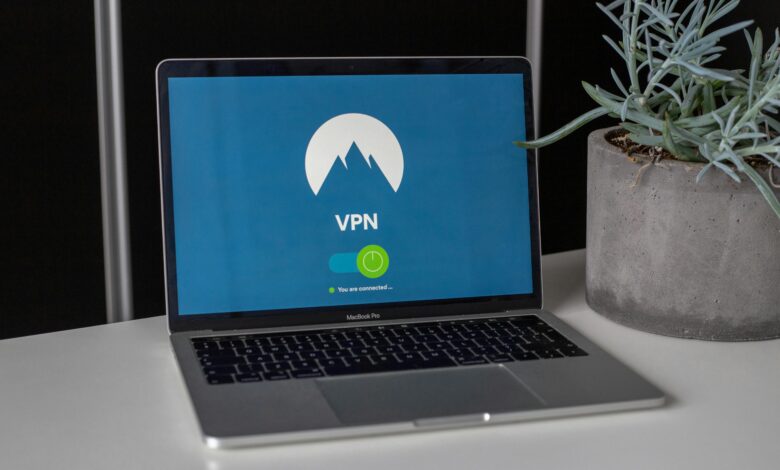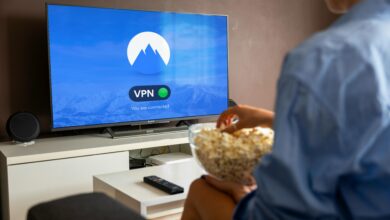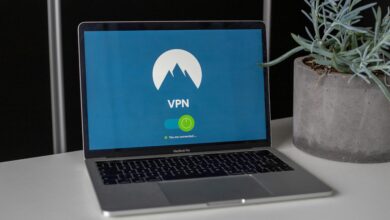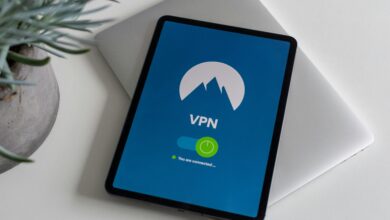How to Use a VPN to Access Geo-Restricted Content

In today’s digital age, accessing geo-restricted content has become a common challenge for users around the world. Whether it’s streaming services like Netflix, Hulu, or BBC iPlayer, or websites and apps that are limited to specific regions, geo-blocking can be frustrating. A Virtual Private Network (VPN) is one of the most effective tools for bypassing these restrictions. In this guide, we’ll explain how to use a VPN to access geo-restricted content safely and efficiently.
1. What Is a VPN?
A Virtual Private Network (VPN) is a service that encrypts your internet connection and routes it through a server located in a different geographic location. This masks your real IP address and makes it appear as though you’re browsing from the location of the VPN server. By doing so, you can bypass geo-restrictions and access content that would otherwise be unavailable in your region.
Key Benefits of Using a VPN
- Access Geo-Restricted Content : Watch shows, movies, or sports events unavailable in your country.
- Enhanced Privacy : Encrypts your data, protecting it from hackers and ISPs.
- Anonymity : Hides your IP address, making it harder for websites to track your activity.
- Bypass Censorship : Access blocked websites in countries with strict internet regulations.
2. How Does a VPN Work to Bypass Geo-Restrictions?
When you connect to the internet without a VPN, your device communicates directly with websites and services using your real IP address, which reveals your location. Streaming platforms and other services use this information to determine whether to grant or deny access based on regional restrictions.
With a VPN:
- Your internet traffic is routed through a secure server in a location of your choice.
- The website or service sees the IP address of the VPN server instead of your actual IP address.
- As a result, you appear to be accessing the internet from the server’s location, allowing you to bypass geo-restrictions.
3. Steps to Use a VPN for Accessing Geo-Restricted Content
Step 1: Choose a Reliable VPN Service
Not all VPNs are created equal. To ensure a smooth experience, select a reputable provider with the following features:
- Large Server Network : Look for a VPN with servers in multiple countries to access content from various regions.
- High Speeds : Streaming requires fast connections; avoid slow or unreliable services.
- Strong Security Features : Ensure the VPN uses robust encryption protocols (e.g., OpenVPN, WireGuard).
- No Logging Policy : Verify that the provider does not log your online activities.
- Compatibility : Check if the VPN works on your devices (PC, Mac, smartphone, tablet, etc.).
Recommended VPN Providers :
- ExpressVPN
- NordVPN
- Surfshark
- CyberGhost
- ProtonVPN
Step 2: Install the VPN App
Once you’ve chosen a VPN, sign up for a subscription and download the app for your device. Most providers offer apps for:
- Windows and macOS (computers)
- iOS and Android (smartphones/tablets)
- Smart TVs and routers (for broader connectivity)
Follow the installation instructions provided by the VPN service.
Step 3: Connect to a Server in the Desired Location
- Open the VPN app and log in with your credentials.
- Select a server located in the country where the content is available. For example:
- To watch U.S.-only Netflix shows, connect to a U.S.-based server.
- To access BBC iPlayer, connect to a UK server.
- Wait for the connection to establish. Once connected, your IP address will reflect the chosen server’s location.
Step 4: Access the Geo-Restricted Content
After connecting to the appropriate server, open the streaming platform, website, or app you want to access. You should now be able to view content as if you were physically located in the selected country.
4. Tips for Using a VPN Effectively
1. Test Different Servers
If one server doesn’t work, try another. Some streaming services actively block known VPN IPs, but switching servers often resolves the issue.
2. Clear Cache and Cookies
Streaming platforms may detect your previous location through cached data. Clear your browser’s cache and cookies before attempting to access geo-restricted content.
3. Use Split Tunneling (Optional)
Some advanced VPNs offer a feature called “split tunneling,” which allows you to route only specific apps or websites through the VPN while leaving others unaffected. This can improve performance for non-restricted tasks.
4. Avoid Free VPNs
Free VPNs often have limitations such as slower speeds, fewer servers, and weaker security. They may also sell your data to third parties, compromising your privacy.
5. Stay Updated
Streaming services frequently update their algorithms to block VPN usage. Ensure your VPN software is up-to-date to maintain access.
5. Common Challenges and Solutions
Challenge 1: Streaming Services Block VPNs
Many platforms, like Netflix and Disney+, actively block VPN traffic.
Solution : Use a premium VPN with obfuscation technology, which hides the fact that you’re using a VPN.
Challenge 2: Slow Connection Speeds
VPNs can sometimes slow down your internet due to encryption and server distance.
Solution : Choose a nearby server or opt for a high-speed VPN plan.
Challenge 3: Device Compatibility Issues
Not all devices support VPN apps natively (e.g., smart TVs).
Solution : Set up the VPN on your router to protect all connected devices, or use “Smart DNS” services designed for streaming.
6. Legal Considerations
While using a VPN to access geo-restricted content is technically feasible, it’s important to understand the legal implications:
- Terms of Service Violations : Many platforms prohibit the use of VPNs in their terms of service. While unlikely to face penalties, violating these terms could result in account suspension.
- Local Laws : Ensure that using a VPN is legal in your country. Some nations, like China and Russia, heavily regulate or ban VPN usage.
Always weigh the risks and benefits before proceeding.
7. Alternatives to VPNs for Accessing Geo-Restricted Content
If a VPN isn’t suitable for your needs, consider these alternatives:
- Smart DNS : Redirects your DNS queries without encrypting your traffic, making it faster but less secure than a VPN.
- Proxy Servers : Act as intermediaries between your device and the internet, though they lack the encryption and reliability of VPNs.
- Tor Browser : Provides anonymity by routing traffic through multiple nodes, but it’s slower and unsuitable for streaming.



